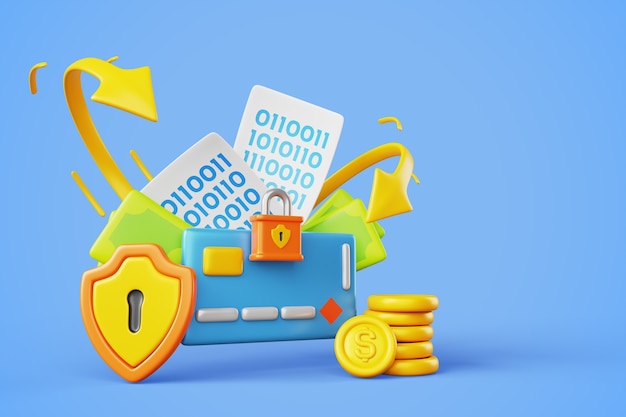
As interest rates continue to climb, experts predict these changes will soon impact your credit card balance. The Federal Open Market Committee elevated its target federal funds rate range from 1.5%-1.75% to 2.25% – 2.5% in July; marking the fourth hike since March, with additional increases anticipated this year. Now, what implications does this have for credit cardholders and how can they manage their credit effectively?
Higher Annual Percentage Rates (APRs) and extended debt payoff durations are likely to be the immediate outcomes for card users amid the current rising credit card debts. In fact, the nationwide credit card balances swelled by $52 billion between the third and fourth quarters of 2021, showcasing an already expanding debt crisis.
Given these circumstances, here are ten effective strategies to responsibly manage your credit card as interest rates surge:
1. Understand your card agreement: Ensure you read and comprehend the details of your credit card agreement and opening disclosures during card activation. This will provide knowledge on the due dates, fees, interest rates, etc.
2. Make timely payments: Always strive to make your payments promptly as payment history significantly impacts your credit scores. Late or missed payments could damage your credit and result in late fees and raised interest rates. Consider setting up automated payments or reminders to help you keep track.
3. Pay more than the minimum: Avoid penalties and fees by making minimum payments on time every cycle. However, always aim to pay more than the minimum to avoid interest charges on carried balances, which can make it difficult to clear your debt.
4. Stay within your credit limit: Use only the credit you need to avoid impacting your credit scores with high credit utilization ratios. Try to keep your credit utilization ratio below 30% for a better credit score.
5. Scrutinize your monthly statements: Regularly review your statements for accuracy to help check for potential fraud, maintain a budget, and keep your balance low.
6. Monitor your credit: Regular credit monitoring can help track your current credit status and detect errors or attempted fraud that could harm your credit.
7. Consider a balance transfer credit card: If carrying a high debt, a balance transfer card may offer temporary relief from rate increases. With good credit, you may qualify for an introductory offer that allows you to transfer balances to a zero-interest card for a limited period.
8. Negotiate for a lower interest rate: Contact your card issuer to request a lower APR. While there’s no guarantee it will be approved, a solid credit score and payment history might lead to consideration.
9. Rethink your use of credit cards: Credit cards can be excellent tools for improving your credit or earning rewards but, managed poorly, they can also lead to overspending and rapid accumulation of debt. If you’re overspending with credit cards, it might be time to start using cash or a debit card.
To conclude, conscientious credit card usage is becoming increasingly significant with the rising interest rates. So, ensure practices like timely payments, paying more than the minimum, using only needed credit, and credit monitoring are in place to help your credit card usage improve rather than harm your credit. Have any strategies for managing your credit cards been outlined?


